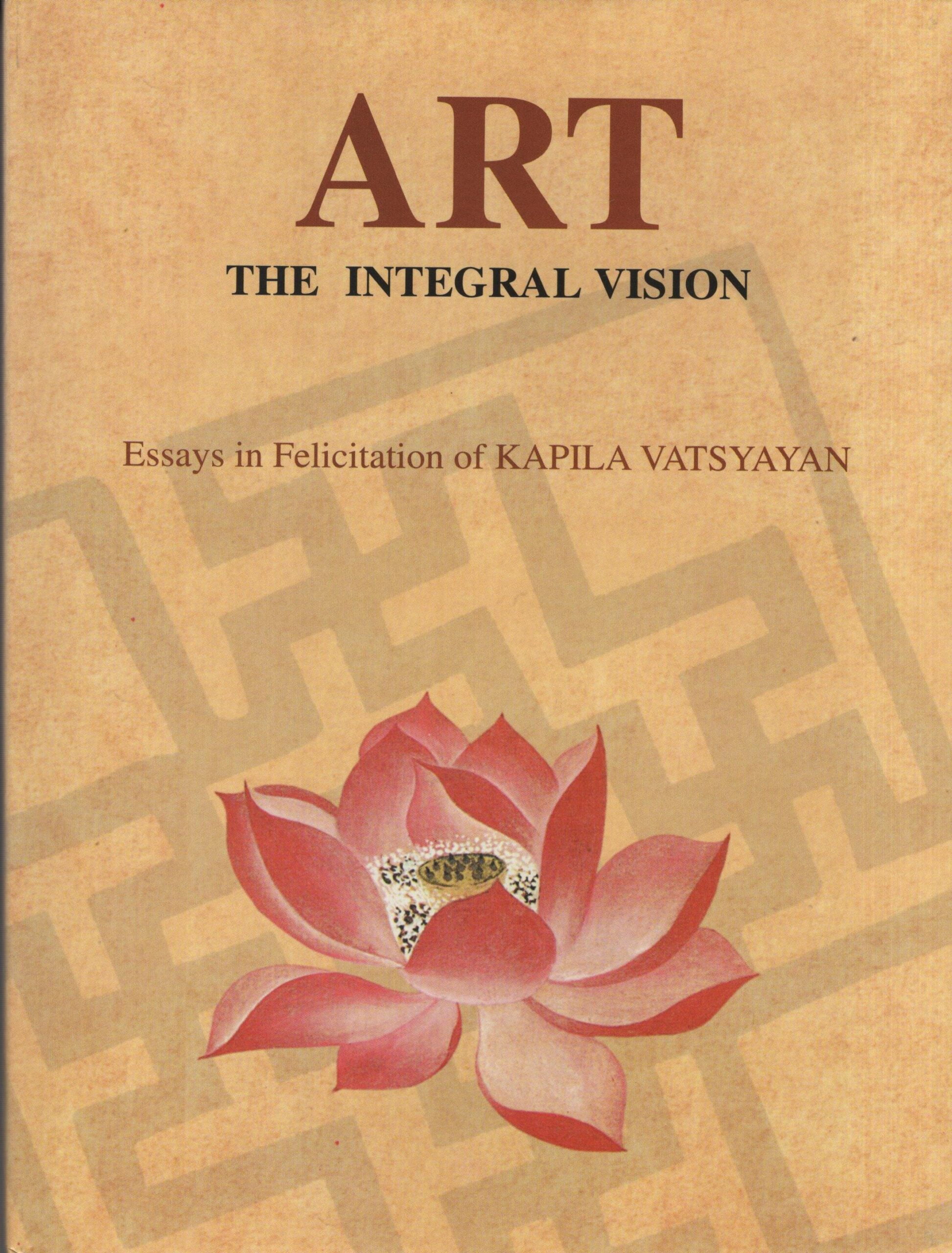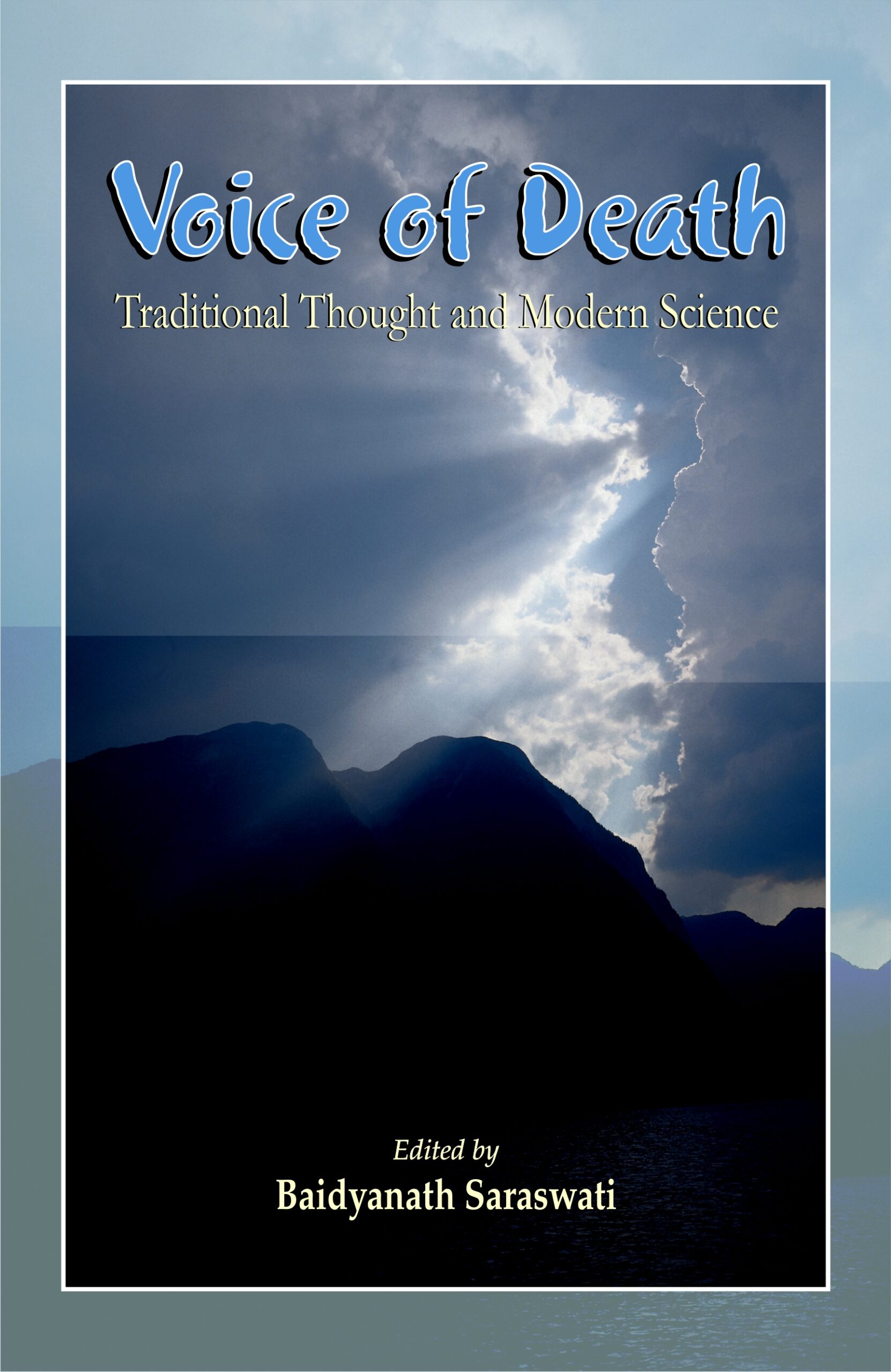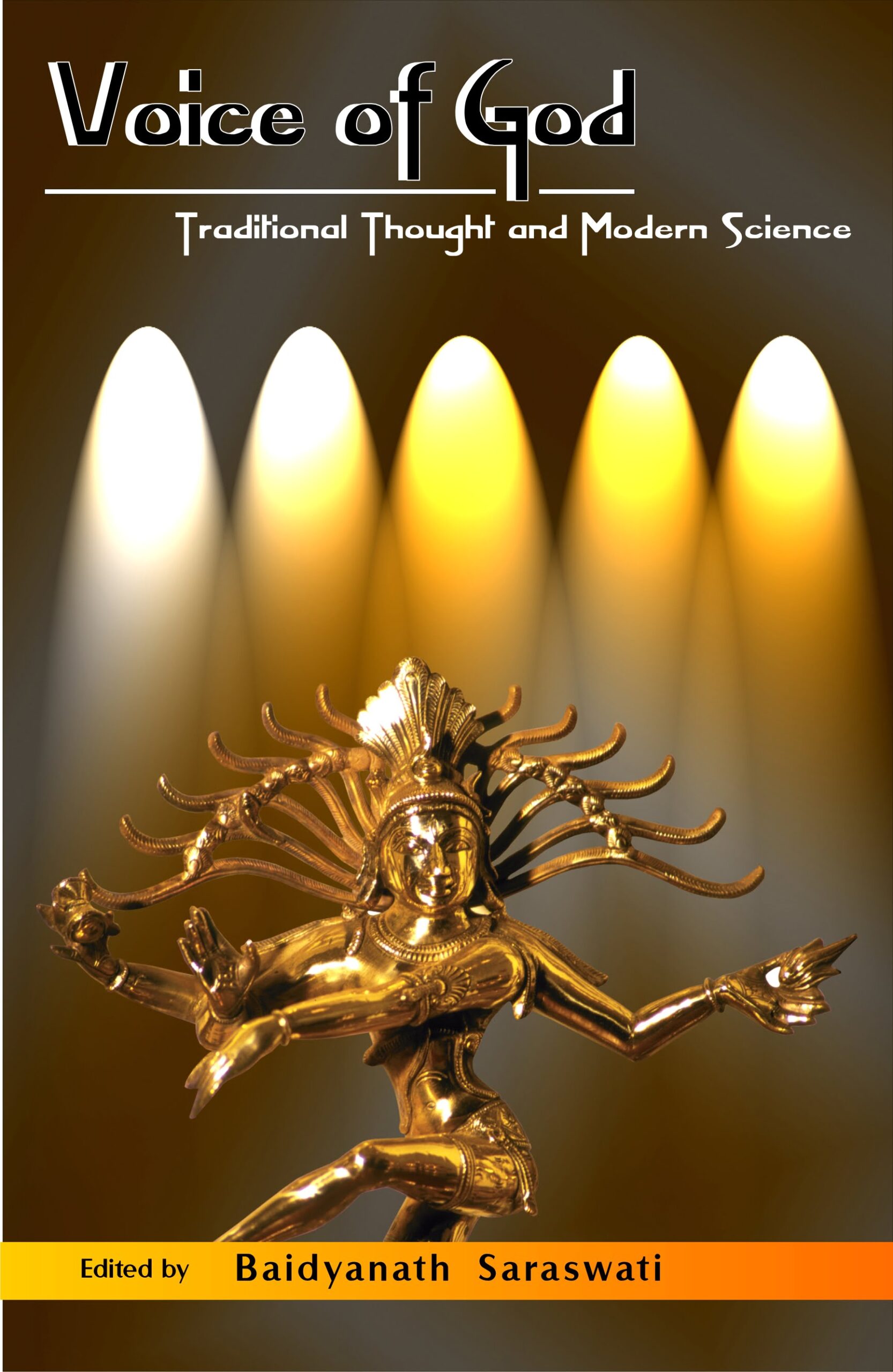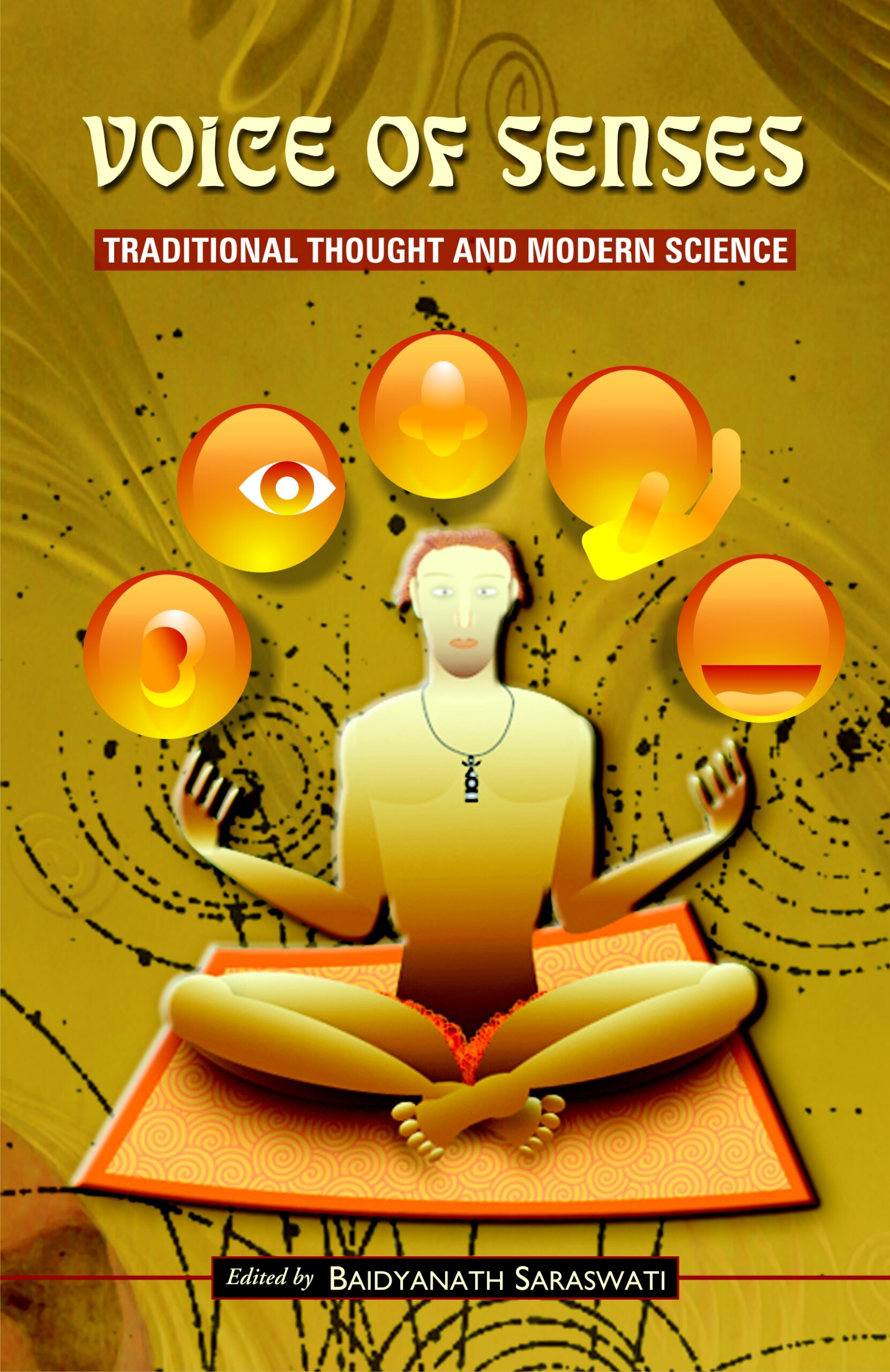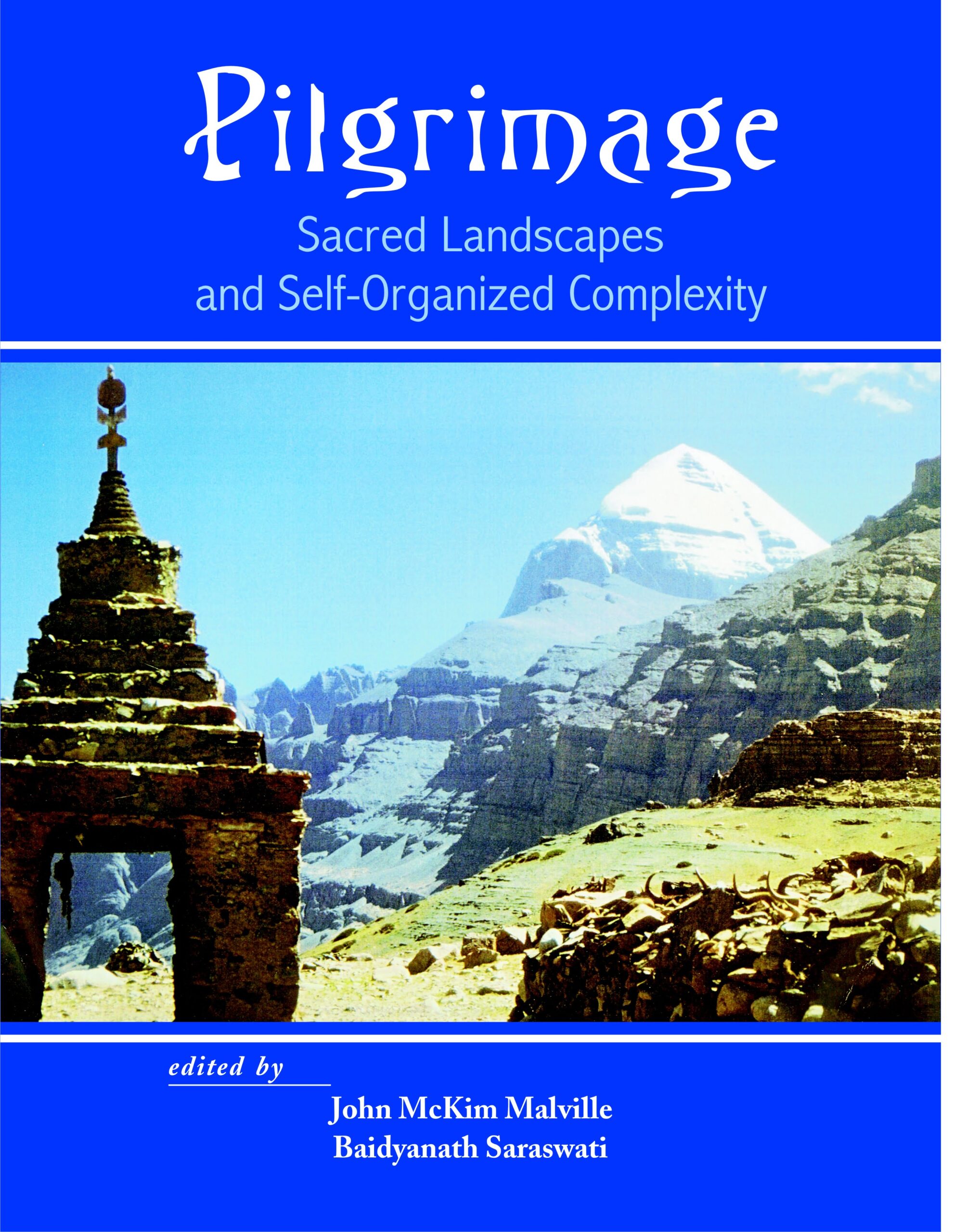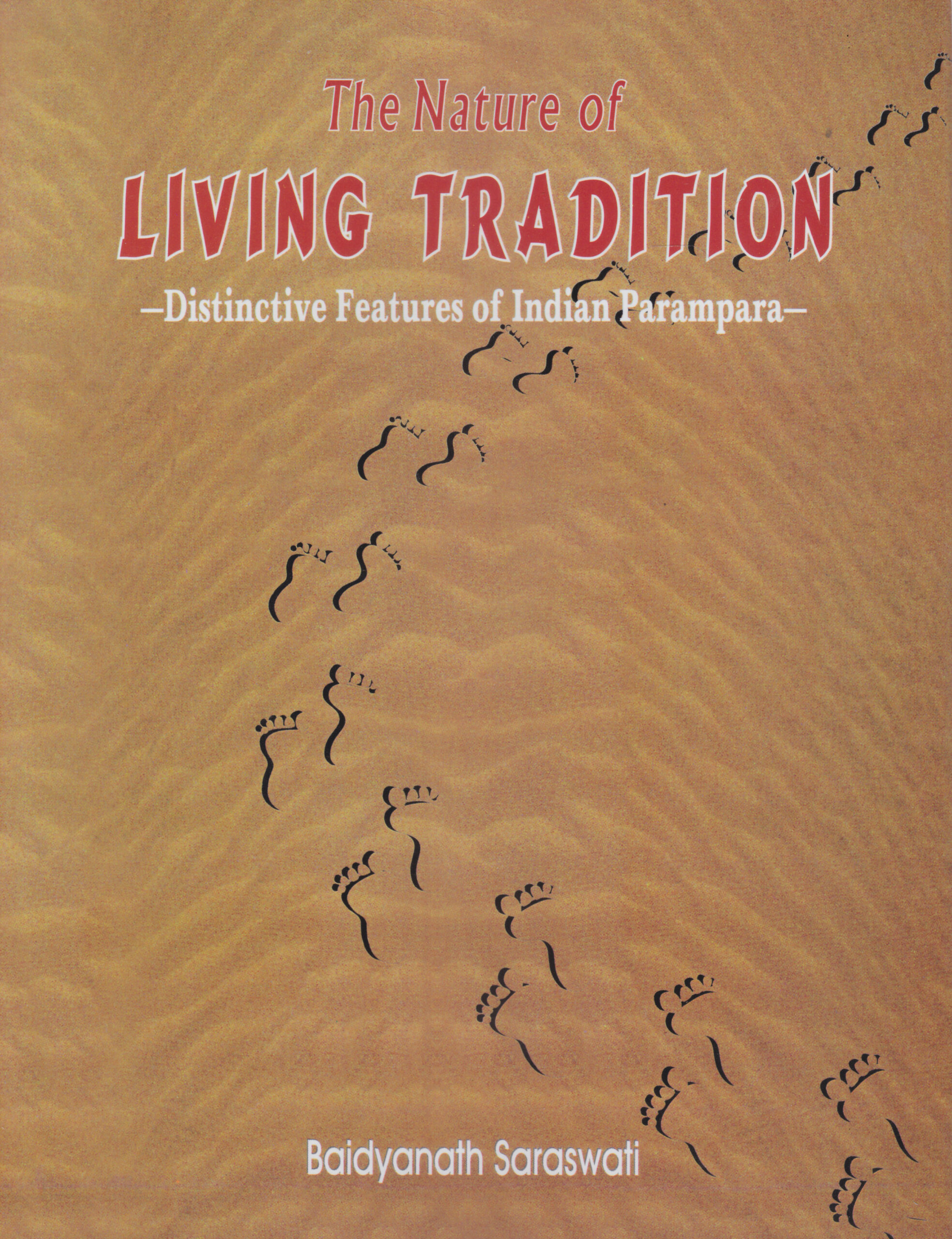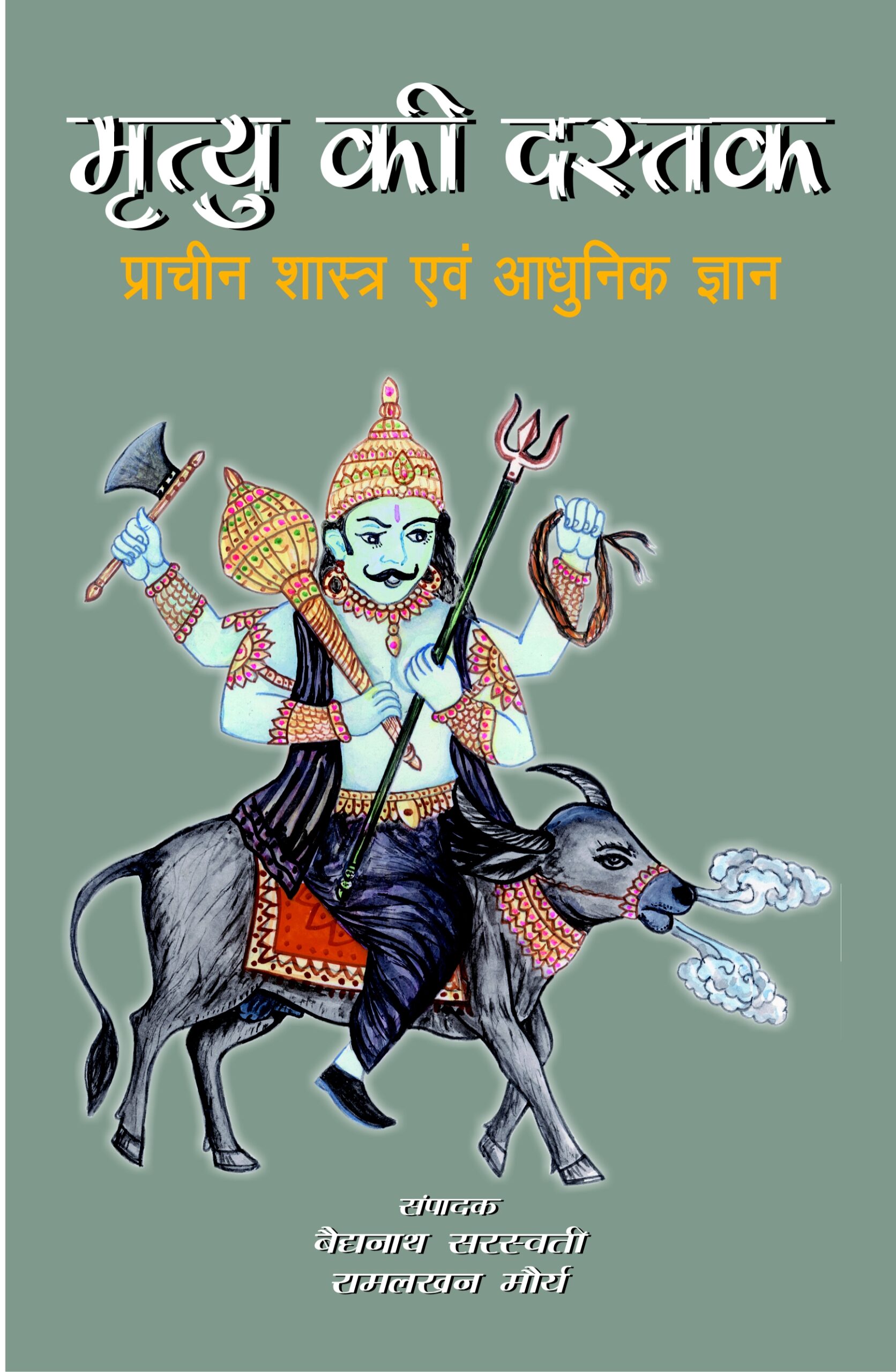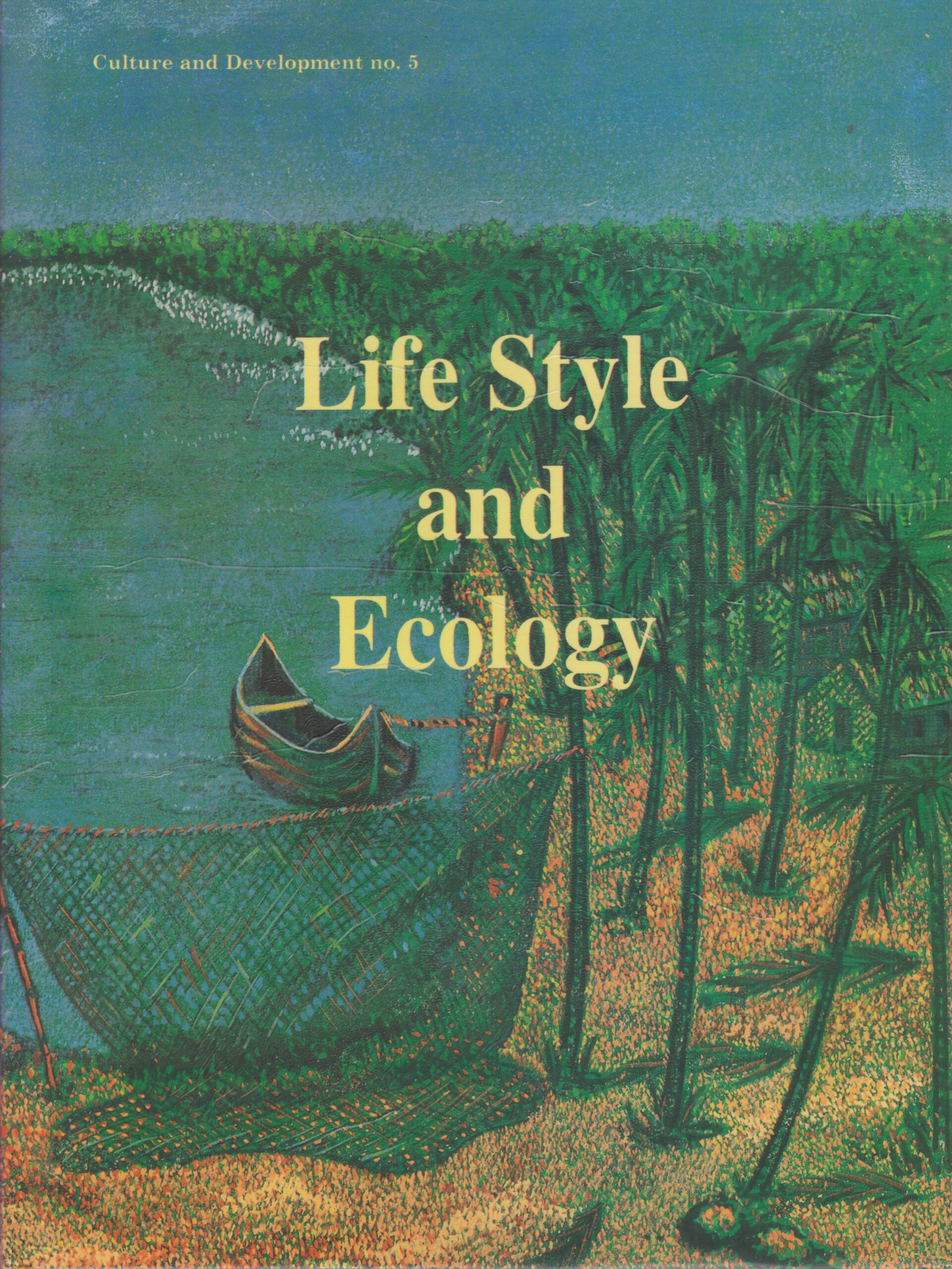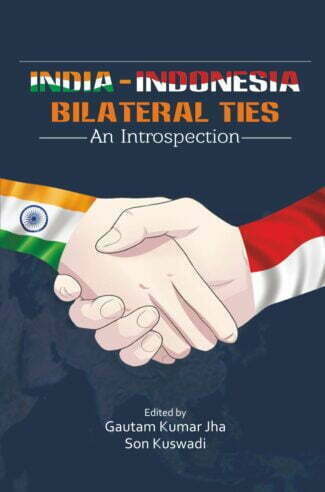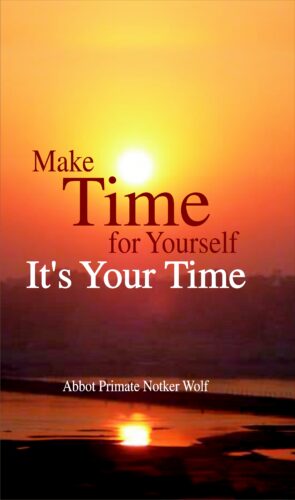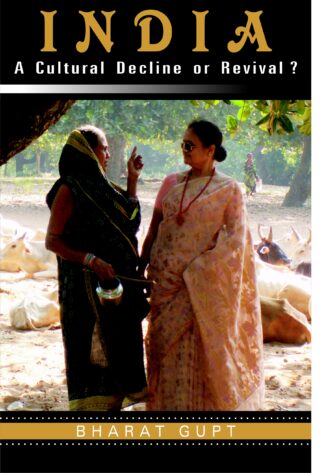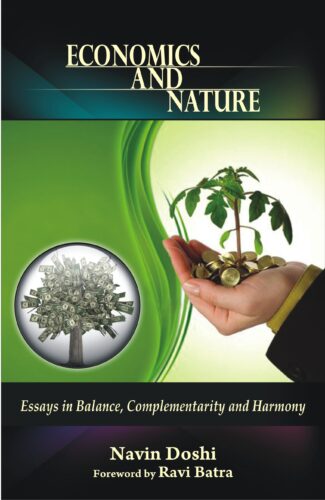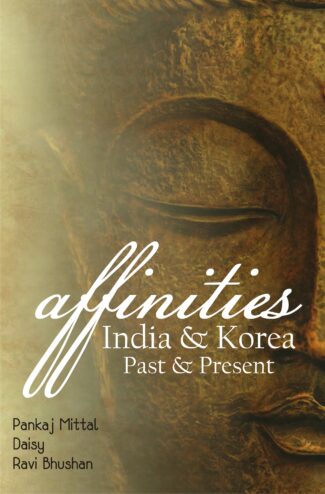-

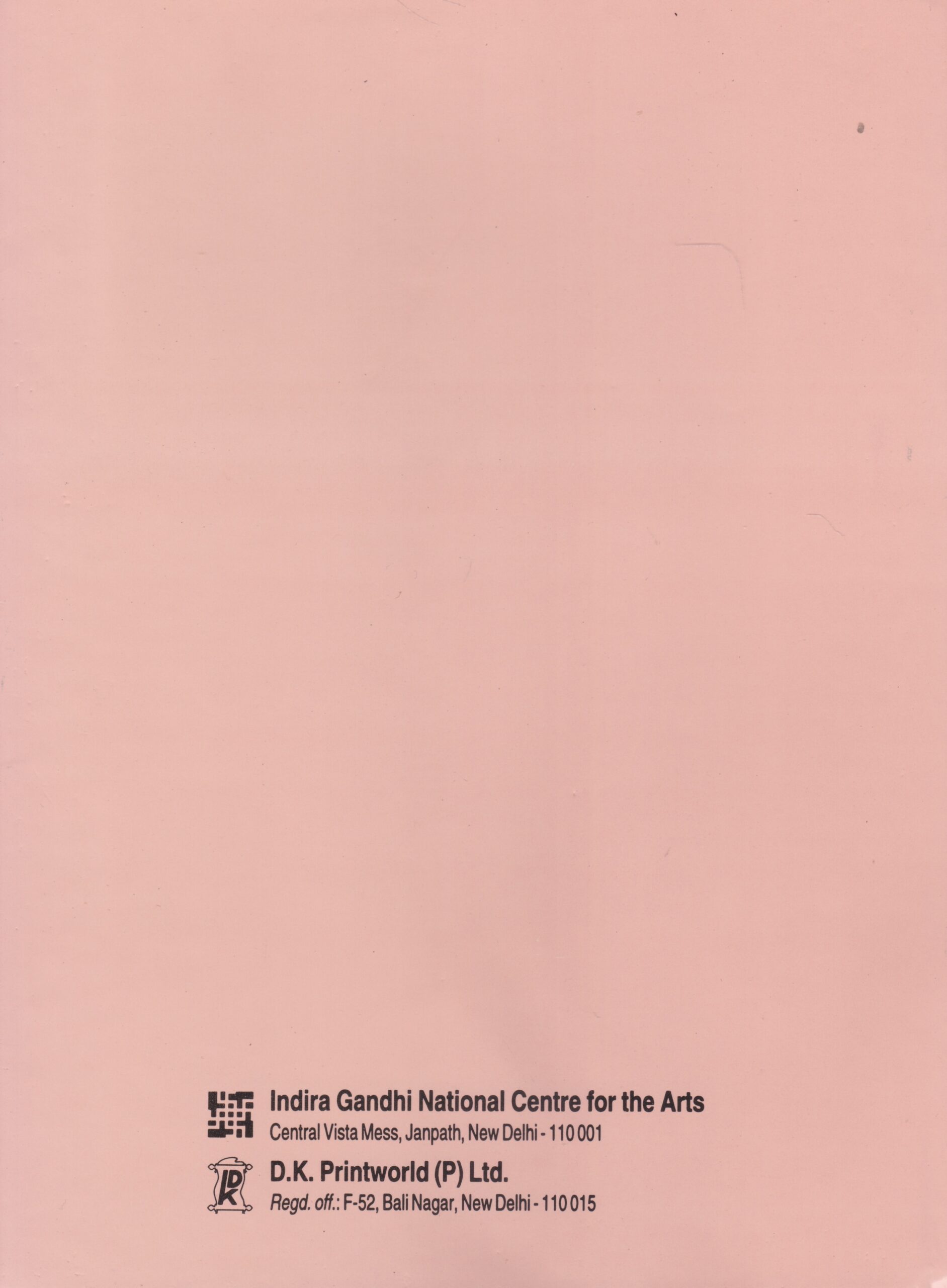
Integration of Endog...
Integration of Endogenous Cultural Dimension into Development
by: Baidyanath SaraswatiQuestioning modern methods of development, this volume discusses from the complex issues of cultural identity to the worldwide human problems stemming from the development-planners unmindfulness of endogenous cultures.
₹504.00
ISBN: 9788124600894
Year Of Publication: 1997
Edition: 1st
Pages : xx, 251
Language : English
Binding : Hardcover
Publisher: D.K. Printworld Pvt. Ltd.
Foreword By : Kapila Vatsyayan
Size: 25 cm.
Weight: 850
From the post-World War II decolonization to about mid-1980s, mainstream development thinking has focussed on economics, on the one-dimensional abstraction of homo economicus, to the exclusion of all else: specially the socio-cultural context in which development might take place. This divorce of development from culture, however, was poor economics a hard fact, which the international community has come to discover gradually. experientially. The United Nations too was not found wanting in its shared concern for culture. On 21 January 1988, it launched under the aegis of Unesco The World Decade for Cultural Development in its effort to chiefly (a) strengthen awareness of cultural dimension of development, and (b) enrich cultural identities the world over. In the Indian capital, the Indira Gandhi National Centrel for the Arts (IGNCA) has initiated a multidisciplinary discourse on development issues vis-a-vis the whole range of cultural variables and definitions. Which its newly-introduced series: Culture and Development proposes to cover in entirety. Integration of Endogenous Cultural Dimension into Development Volume 2 of the Culture-and -Development series takes the discourse on: from the complex issues of cultural identity to the worldwide human problems stemming from the development-planners unmindfulness of endogenous cultures. Carrying 17 presentations of a Unesco-sponsored workshop : 19-23 April 1995 at IGNCA, New Delhi, it questions the modern methods of development which, evolved from the experience of the industrialized world, have brought about neither peace nor harmony, neither alleviation of poverty nor socio-economic equality .Thus arguing why current development processes call for serious rethinking, the authors spell out not only the urgency of integrating endogenous cultural dimension into the paradigms of development, but also the relevance of linking development with the ethical basis of life and living. Also included in the volume are several case studies, with special reference to the Asian situation. The contributors to this volume are reputed scholars, planners and grassroots-level social workers from China, India, Indonesia, Japan, South Korea, Sri Lanka, Thailand, and Vietnam.
Foreword
— Kapila Vatsyayan
Prologue
— Francis Childe
Introduction
— Baidyanath Saraswati
1. Touchstones of Experience : Rethinking Cultural Information Models
— S.C. Malik
2. Cultures and Development : Guideline Questions
— Baidyanath Saraswati
3. China Under the Impact of Modern Civilization : Problems for an Endogenous Developmental Model
— Tan Chung
4. Indigenous Cultures in the Development of Indonesia
— Meutia F. Swasono
5. Local Religion and Traditional Healing Practice : The indigenous minority groups of Indonesia
— Boedhihartono
6. Culture and Development : A Japanese Observation and Reflection
— Minoru Kasai
7. The Role of Endogenous Culture in Socio-Economic Development of Korea
— Sang-Bol Han
8. Sri Lanka and the Sarvodaya Model
— P.D. Premasiri
9. A Cultural Policy for Thailands National Development
— Amara Raksasataya
10. Local Knowledge and Development
— Ngo Duc Thinh
11. Man in Relation to His Environmnent
— Keshav Malik
12. The Indian World-view and Environmental Crisis
— R.P. Mishra
13. Cultural Heritage, Cultural Empowerment and Development
— Ram Bapat
14. Population, Environment and Development : Socio-Cultural Pitfalls Planners must Avoid
— Ashish Bose
15. Voluntary Action and Alternative Development in Tribal Areas
— Sachchidananda
16. Development Problems and Traditional Cultures : Reflections on the Management of the Aged in India
— P.K.Mishra
17. The Barefoot College in Tilonia
— Sanjit (Bunker) Roy
List of Contributors

